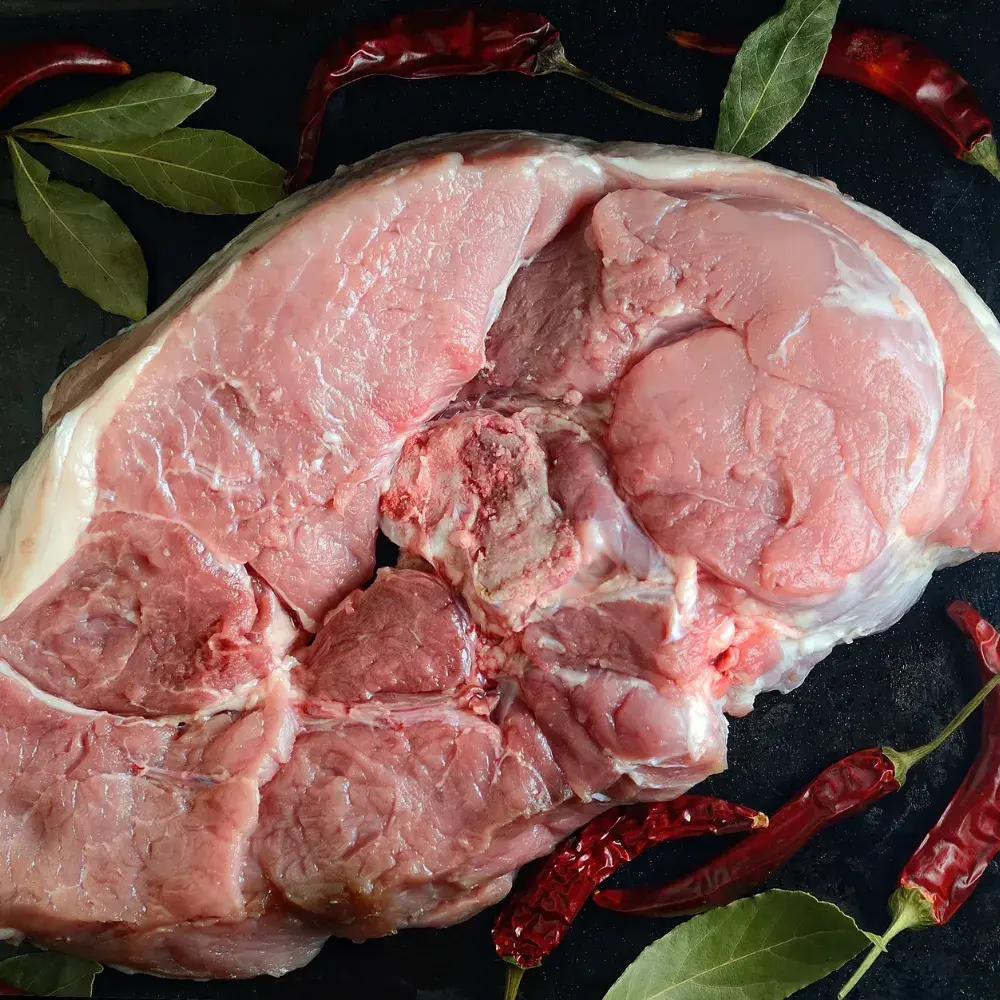In our quest for ethically sourced and nutritious food, halal meat emerges as a prominent choice. This journey from farm to table encompasses a series of meticulously followed steps, ensuring that halal meat adheres to both religious and ethical standards. Understanding this process deepens our appreciation for the care and dedication involved in bringing halal meat to our plates.
Ethical Farming Practices
The journey of halal meat begins with ethical farming practices. Farmers who raise animals for halal meat adhere to stringent guidelines that prioritize the welfare of the animals. They are provided with a natural diet, ample space to roam, and humane living conditions. This commitment to ethical treatment not only aligns with religious principles but also ensures that the meat is of the highest quality. By minimizing stress and ensuring a natural lifestyle, the animals’ health is maintained, which directly translates to healthier meat for consumers.
The Slaughter Process
Central to the production of halal meat is the slaughter process, known as “zabiha.” This method requires that the animal be healthy at the time of slaughter and that a specific prayer be recited. The animal’s throat is swiftly cut with a sharp knife, severing the jugular vein, carotid artery, and windpipe in a single motion. This technique ensures a quick and humane death, minimizing the animal’s suffering. Importantly, the blood is drained completely from the body, as consuming blood is prohibited in halal dietary laws. This meticulous process not only respects the sanctity of life but also results in cleaner, healthier meat.
Ensuring Quality and Purity
After slaughter, the meat undergoes rigorous inspection to ensure it meets all halal standards. It is checked for any impurities and processed in facilities that adhere strictly to halal guidelines. These facilities are often subject to regular audits to maintain certification. From the moment of slaughter to packaging and distribution, every step is carefully monitored to ensure the highest level of purity and quality. This attention to detail guarantees that consumers receive meat that is not only ethically sourced but also free from contaminants and harmful additives.
By understanding the comprehensive process behind halal meat, we gain a greater appreciation for the ethical and meticulous practices involved. From ethical farming to humane slaughter and rigorous quality control, each step is designed to ensure that halal meat is a responsible and healthful choice for our tables. As we continue to prioritize ethical consumption, halal meat stands out as a testament to the values of care, respect, and quality.
Learn More
Halal Meat for Health-Conscious Consumers: What You Need to Know
A Culinary Exploration: International Recipes Featuring Halal Meat




